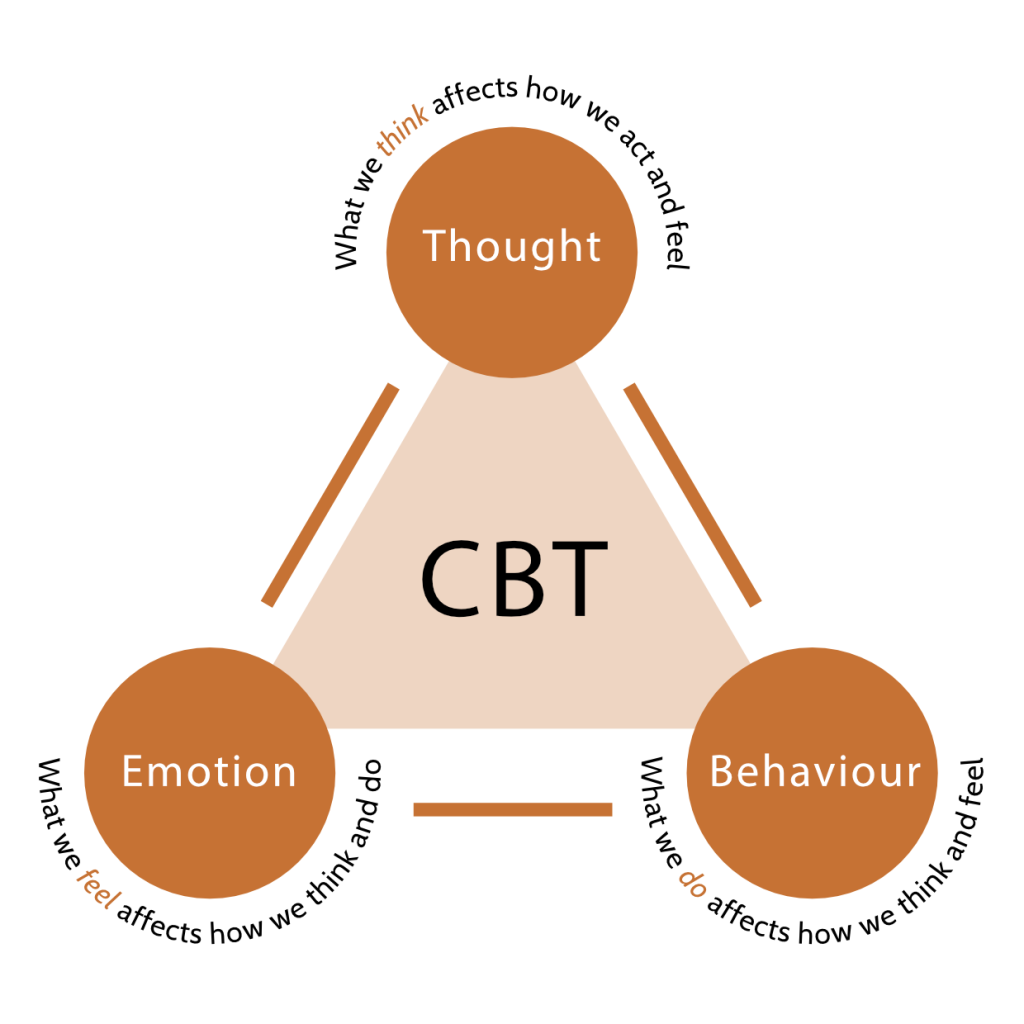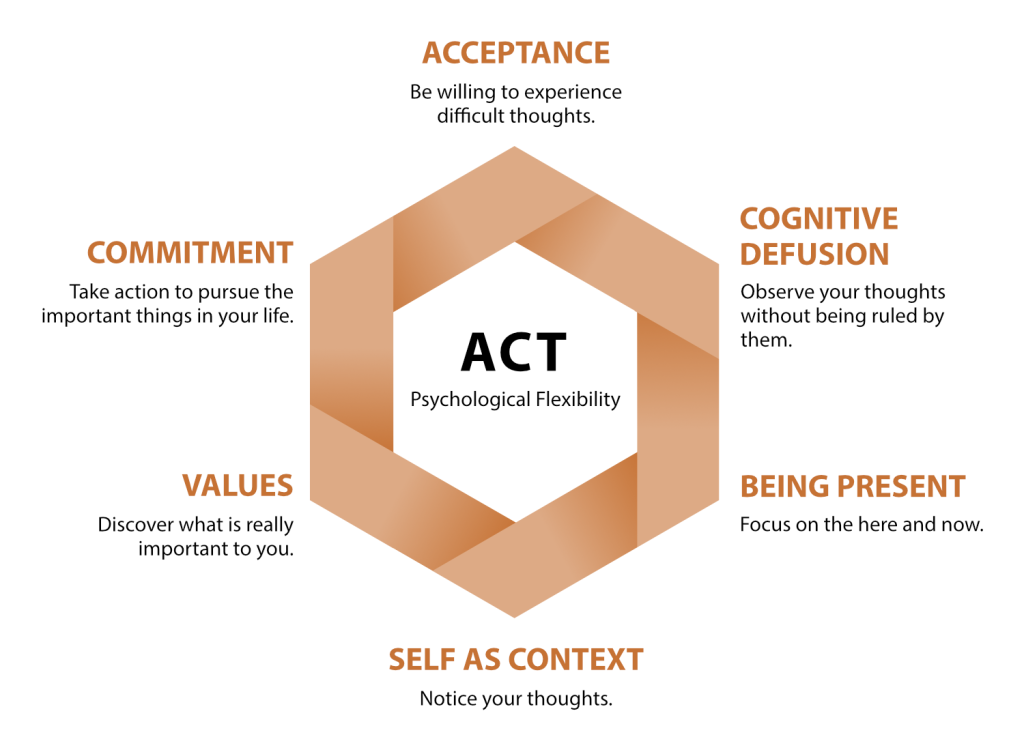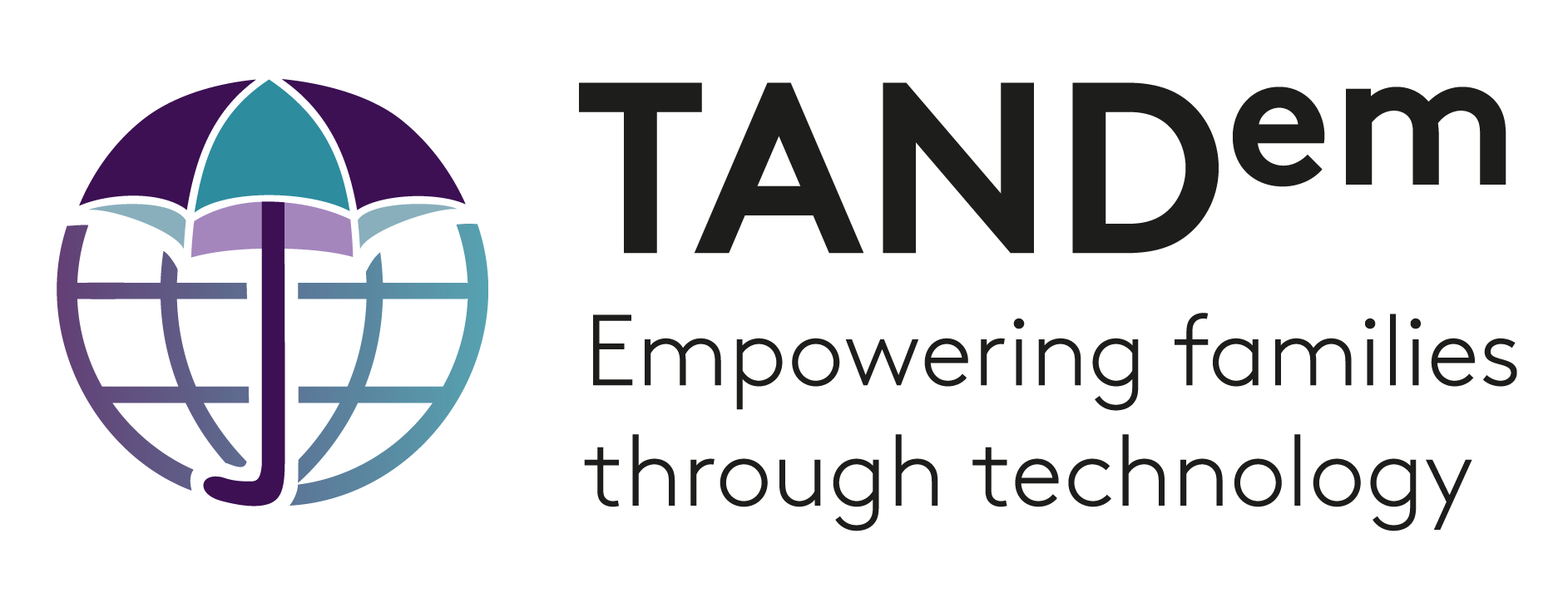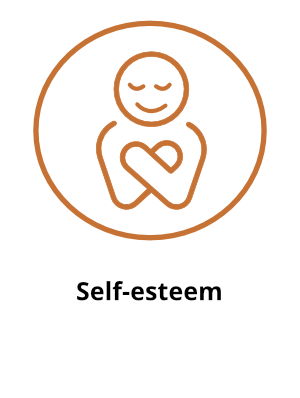Psychosocial Cluster
Home > TAND Clusters > Psychosocial > What to seek > Self-esteem
Self-esteem
Self-esteem refers to a person’s overall sense of his or her value or worth. It can be considered as a sort of measure of how much a person values, approves of, appreciates, prizes, or likes him or herself. People with low self-esteem lack confidence about who they are and what they can do, and often feel incompetent, unappreciated or inadequate. Those who struggle with low self-esteem are afraid of making mistakes or letting other people down. Having low self-esteem can be detrimental to your health and negatively affect your personal and professional relationships. If you feel that your or your relative’s low self-esteem is leading to negative consequences that you cannot handle, sometimes seeking a professional specialised in Cognitive Behavioural Therapy (CBT), or Acceptance and Commitment Therapy (ACT) may be useful.
Cognitive behavioural therapy
Cognitive behavioural therapy (CBT) is a form of psychological treatment that focuses on challenging and changing negative thoughts and behaviours. This talking therapy can help to manage problems by changing the way you think and behave.

CBT key points
- The foundation of CBT states that people’s emotions and behaviours are influenced by their perceptions of events.
- CBT is time-limited, problem-oriented and collaborative (not directive).
- CBT involves both cognitive techniques (e.g. challenging thoughts) and behavioural techniques (e.g. activity scheduling).
- CBT has proven to be effective for many psychological problems and psychiatric disorders, supported by the scientific literature.
- More information about CBT can be found in the resource panel.
Acceptance commitment therapy
Acceptance commitment therapy (ACT) is a type of therapy that uses acceptance and mindfulness strategies to help you gain some useful distance from your thoughts and feelings, allowing you to realise that while real, they do not define you, and you can change the way you respond to them. It also focuses on identifying your values in life, and helping you take small, committed actions in line with those values even though your circumstances may not change. These processes all contribute to what is termed ‘psychological flexibility’.

ACT key points
- The goal of ACT is not to eliminate difficult feelings but being present with what life brings us.
- Six basic principles form the foundation of ACT, working together to achieve the primary goals of effectively managing painful thoughts and experiences, and creating a rich and fulfilling life.
- ACT has been used effectively to treat mental health problems such as anxiety, depression and substance abuse, and has been proven to enable long-term behavioural change. ACT has also shown promise for improving the wellbeing of caregivers and parents of children with autism.









